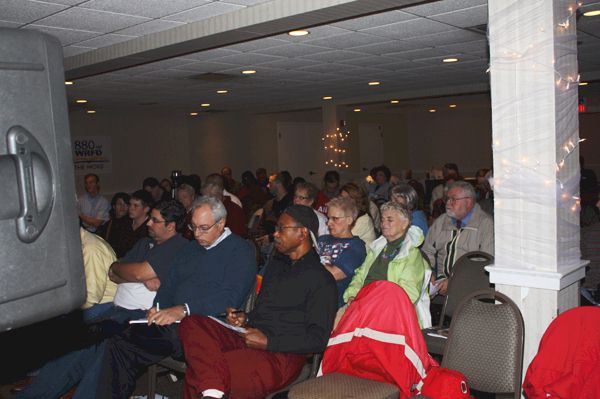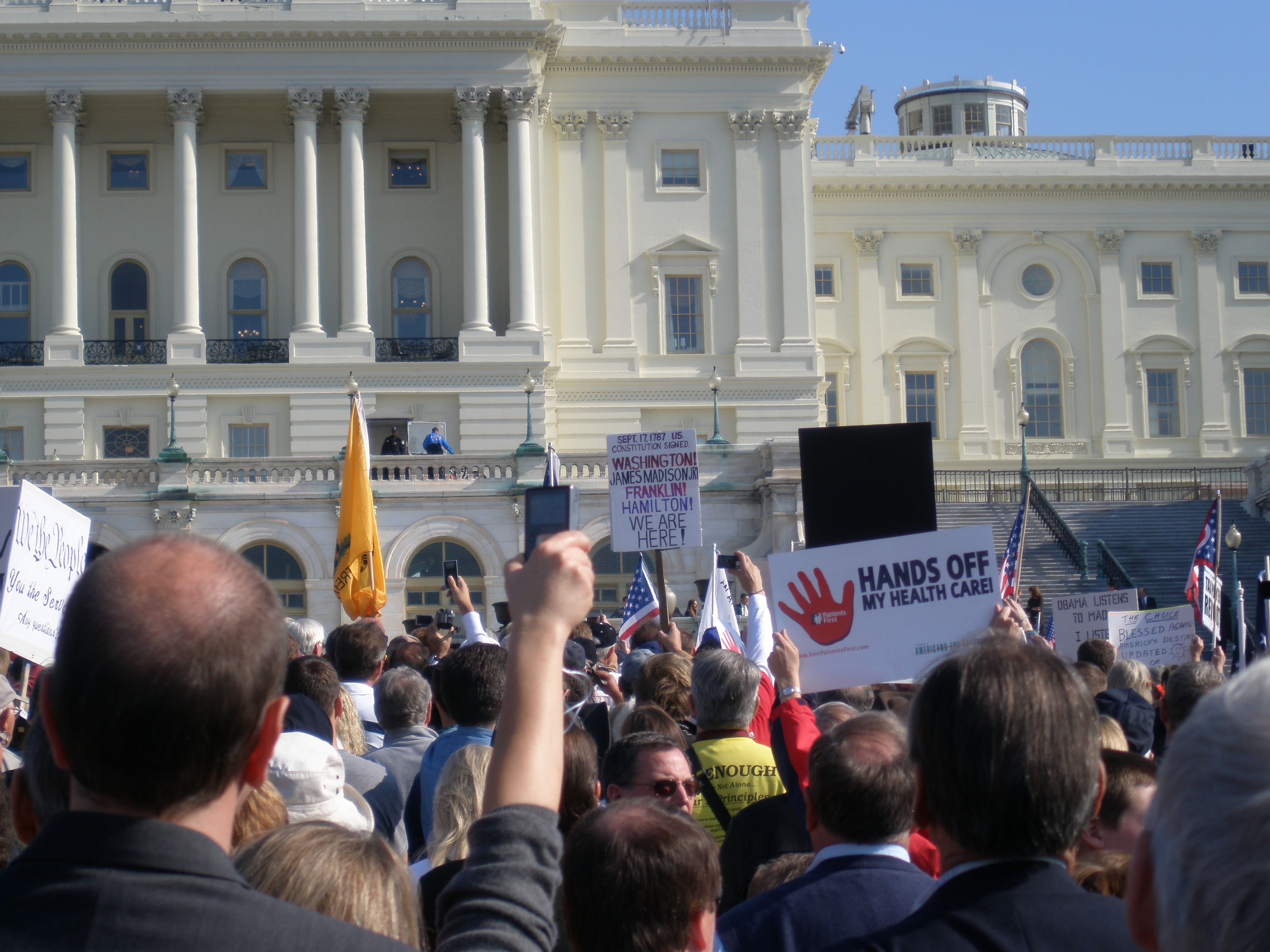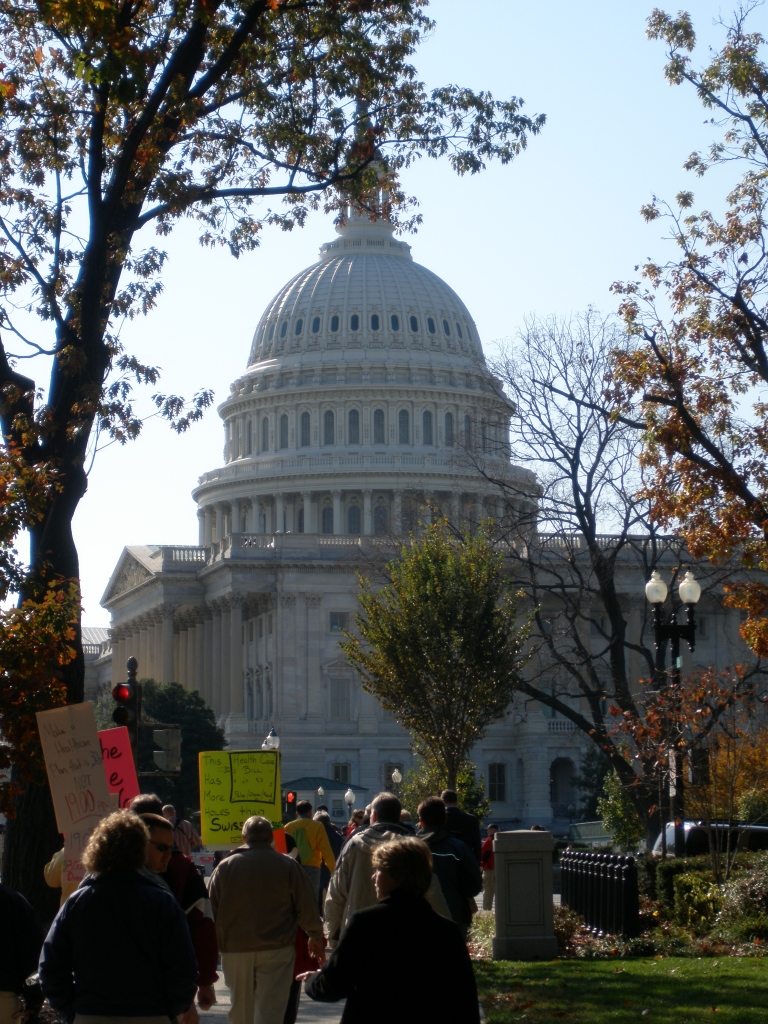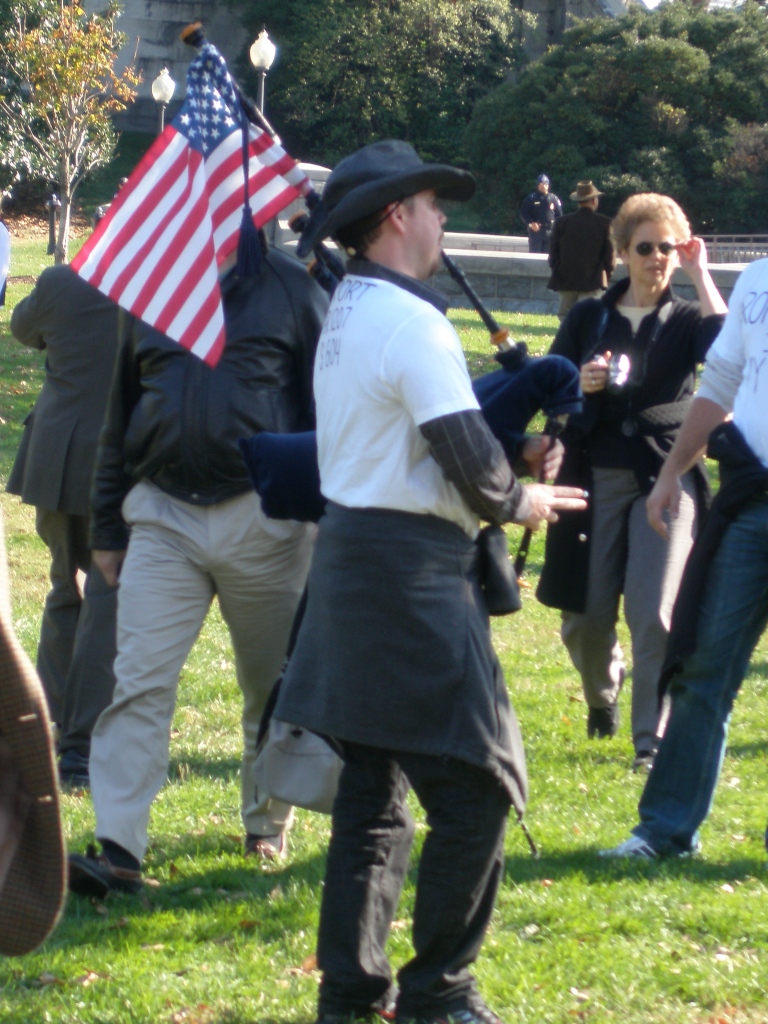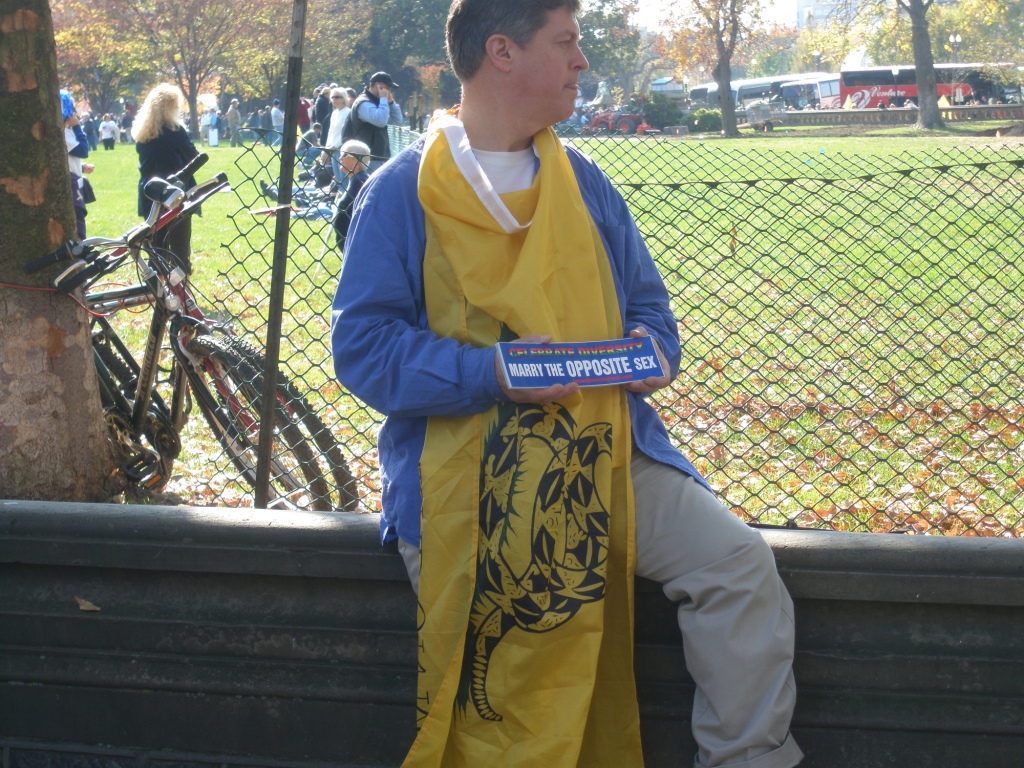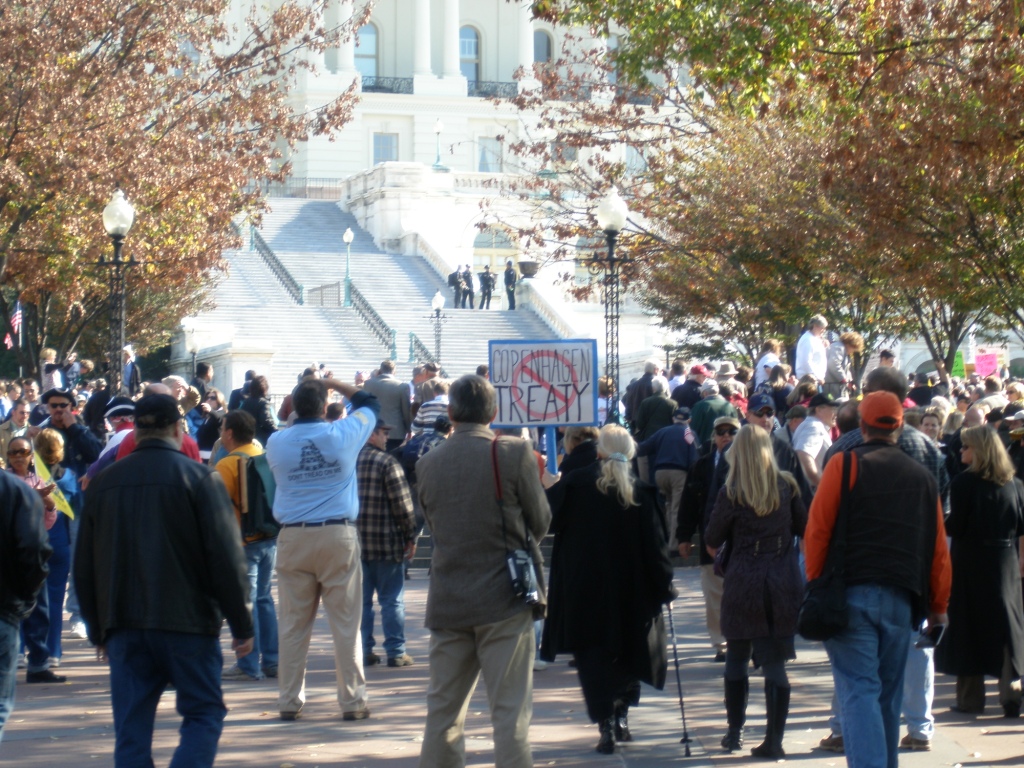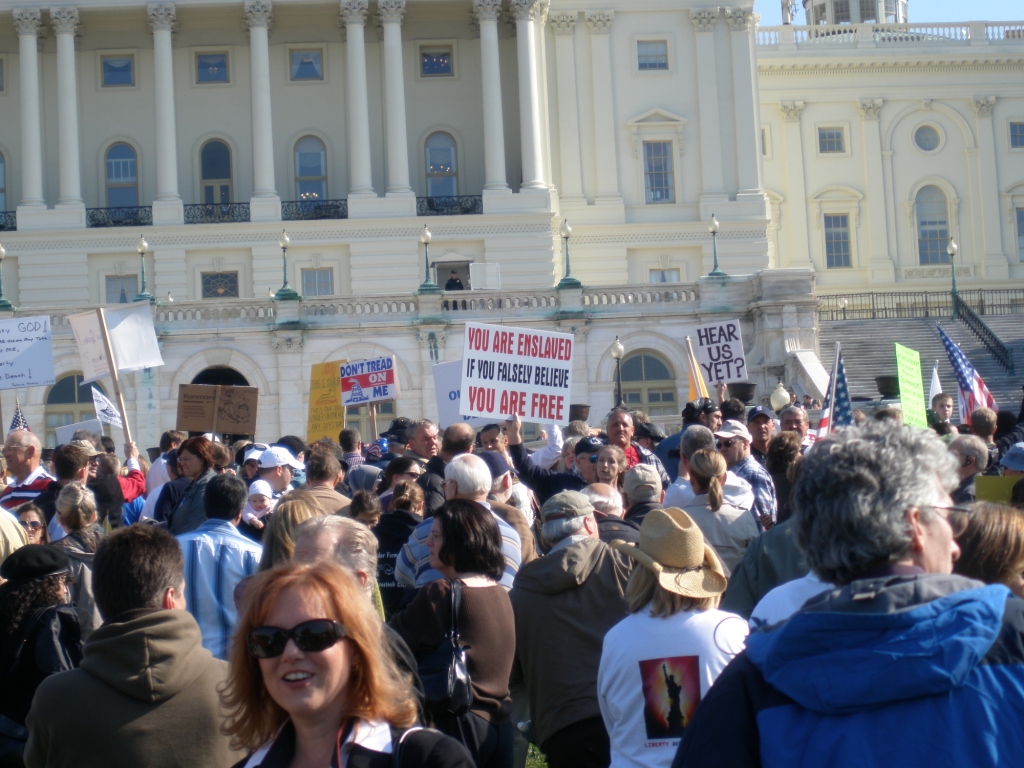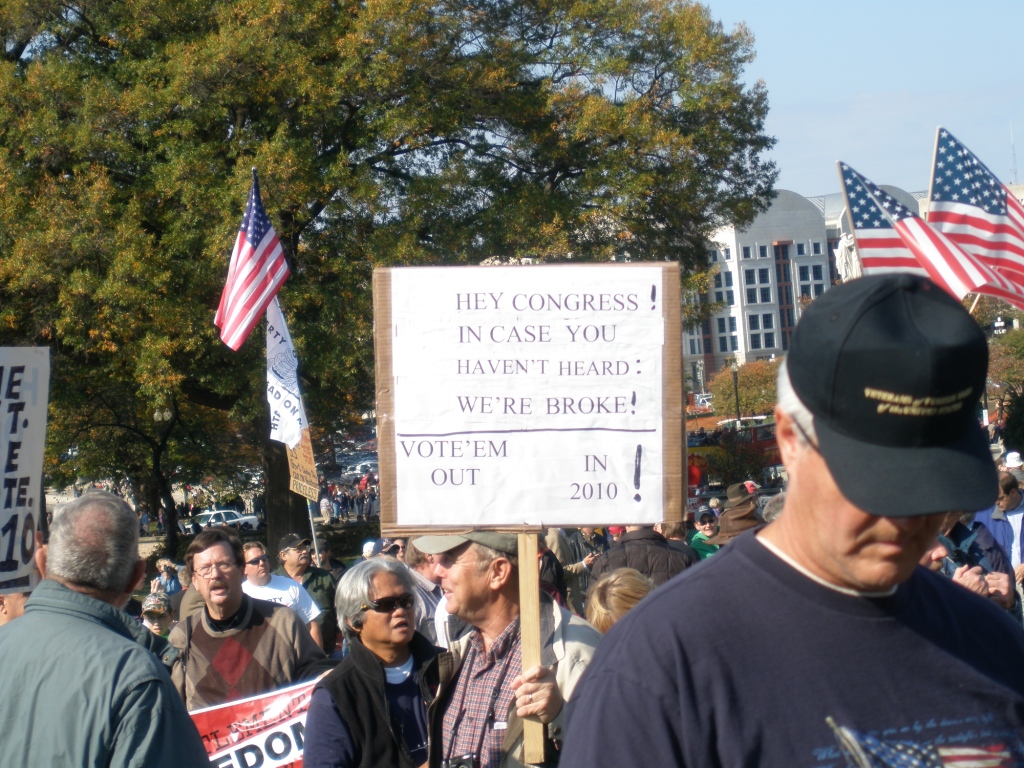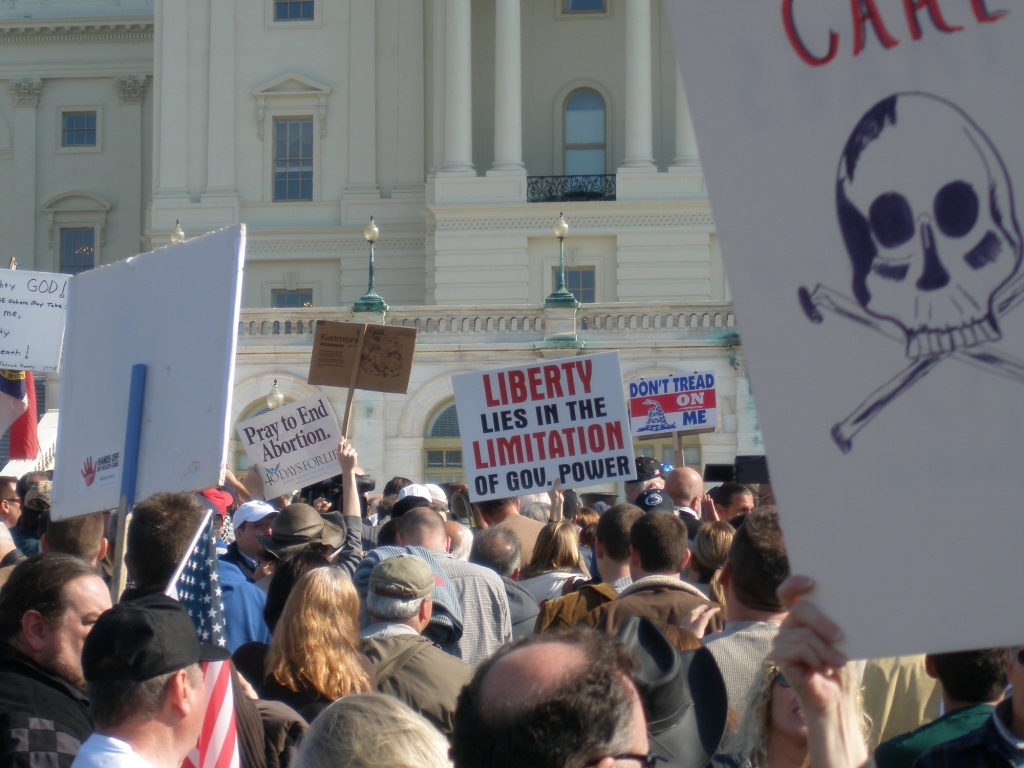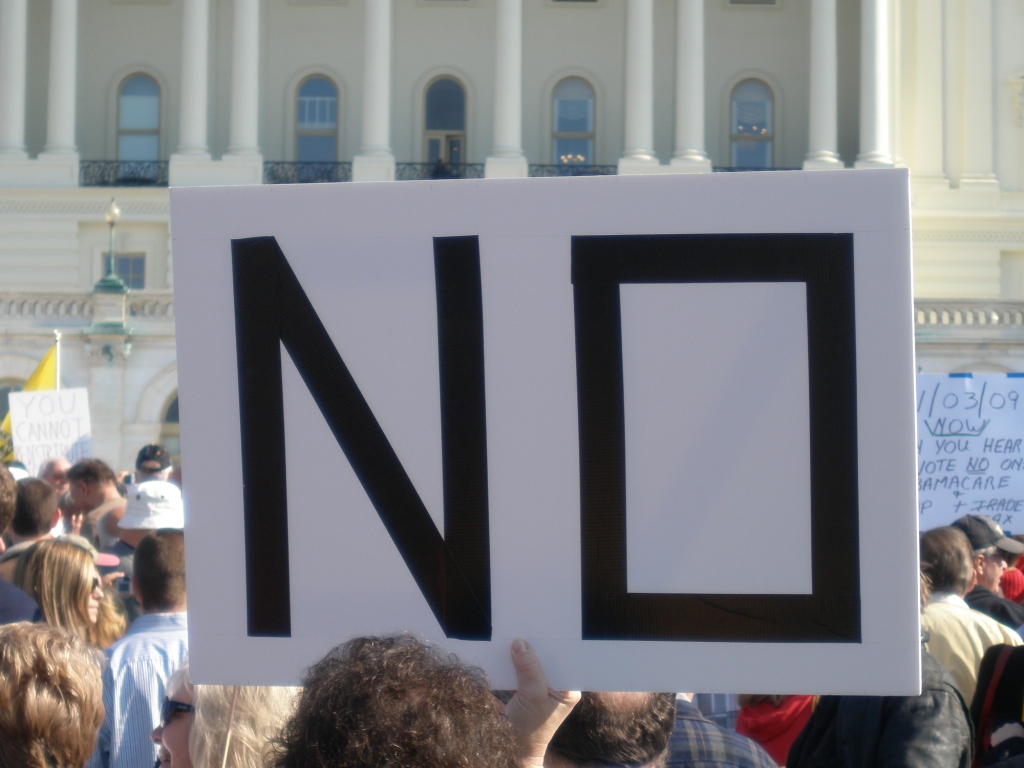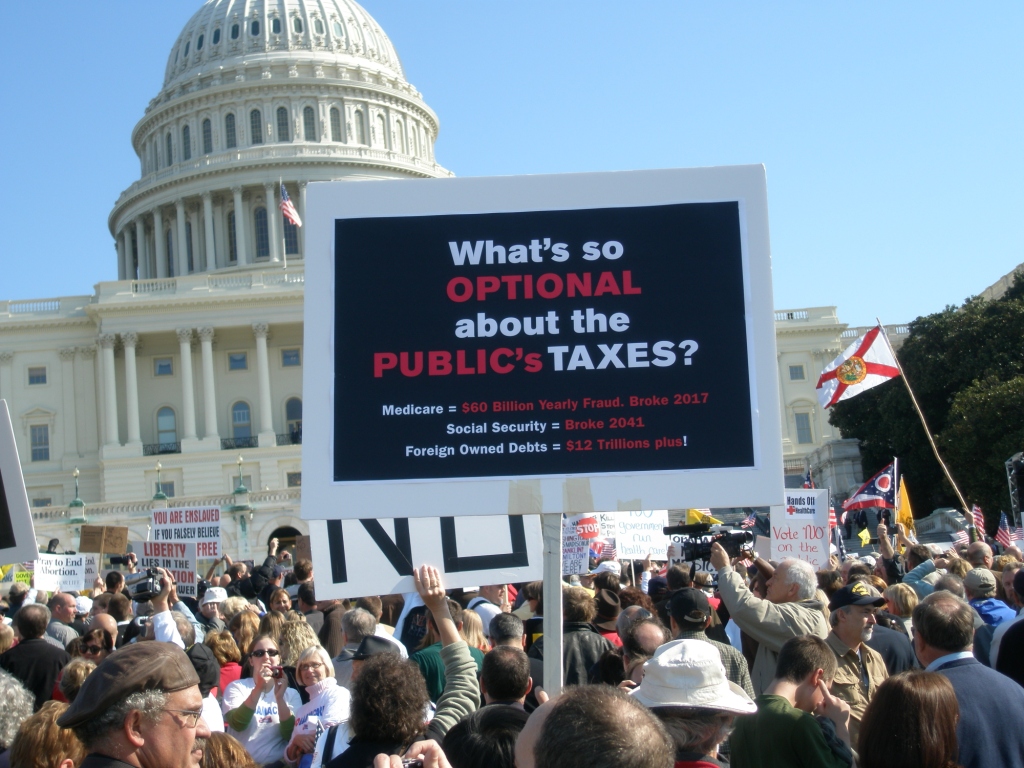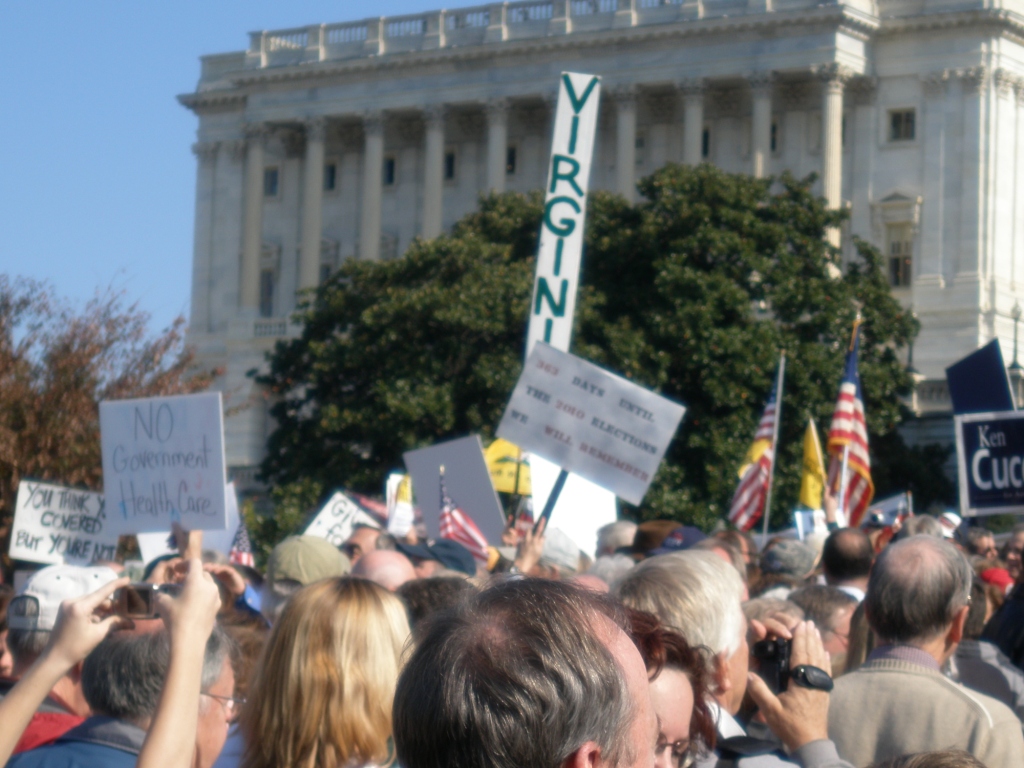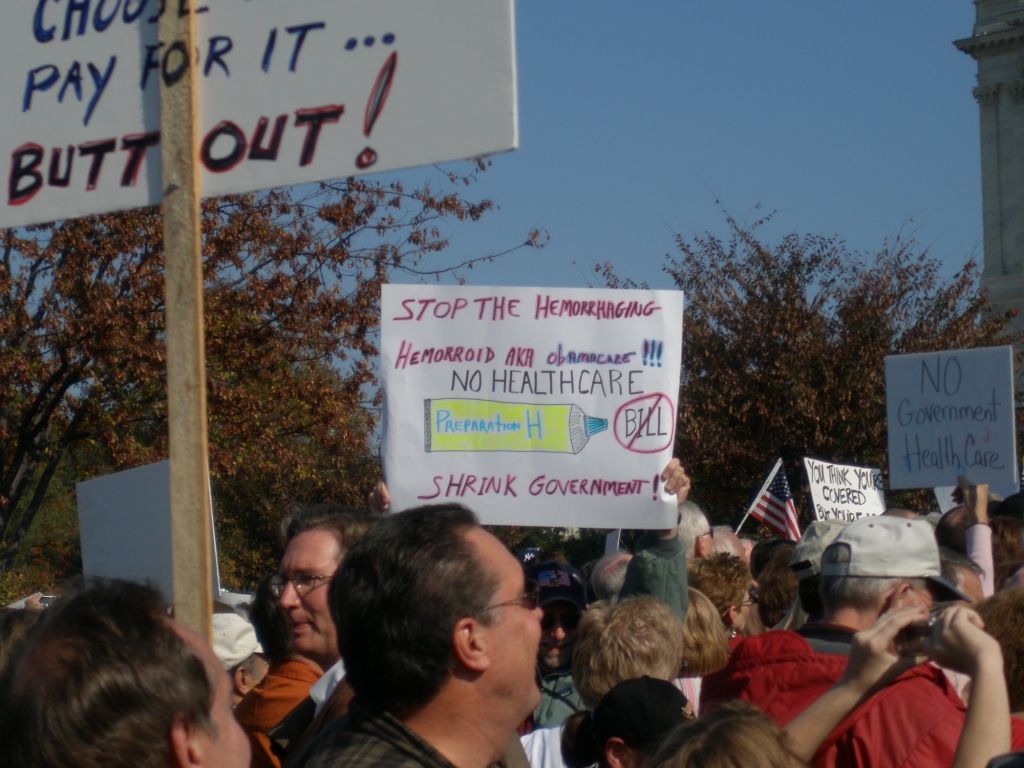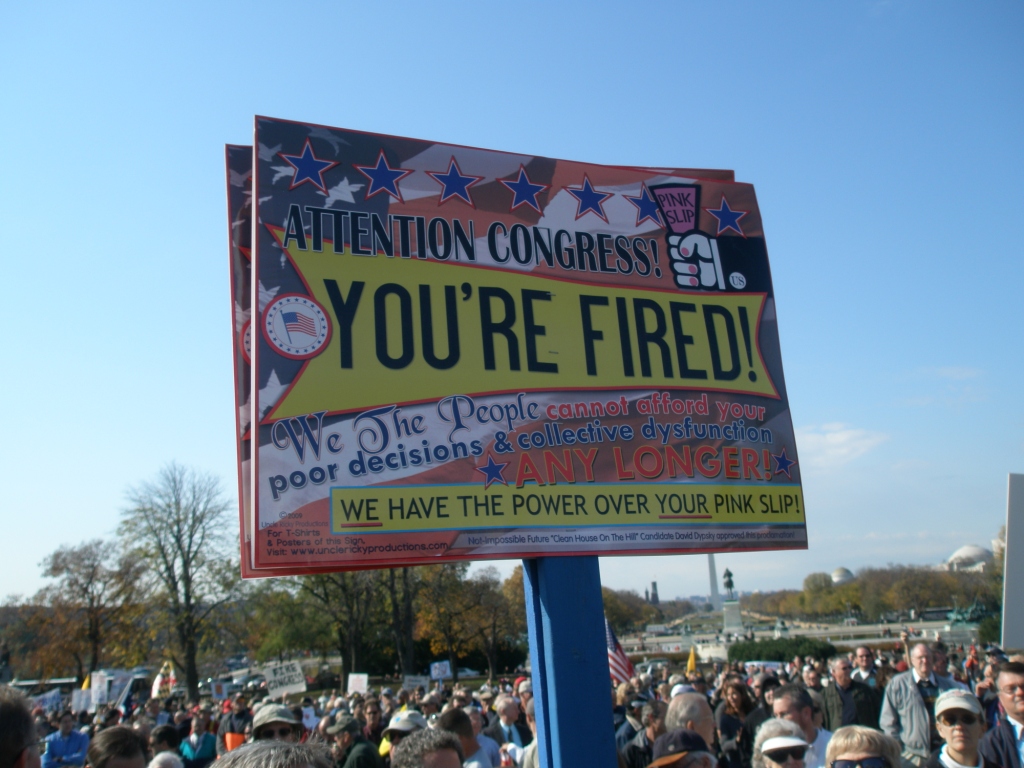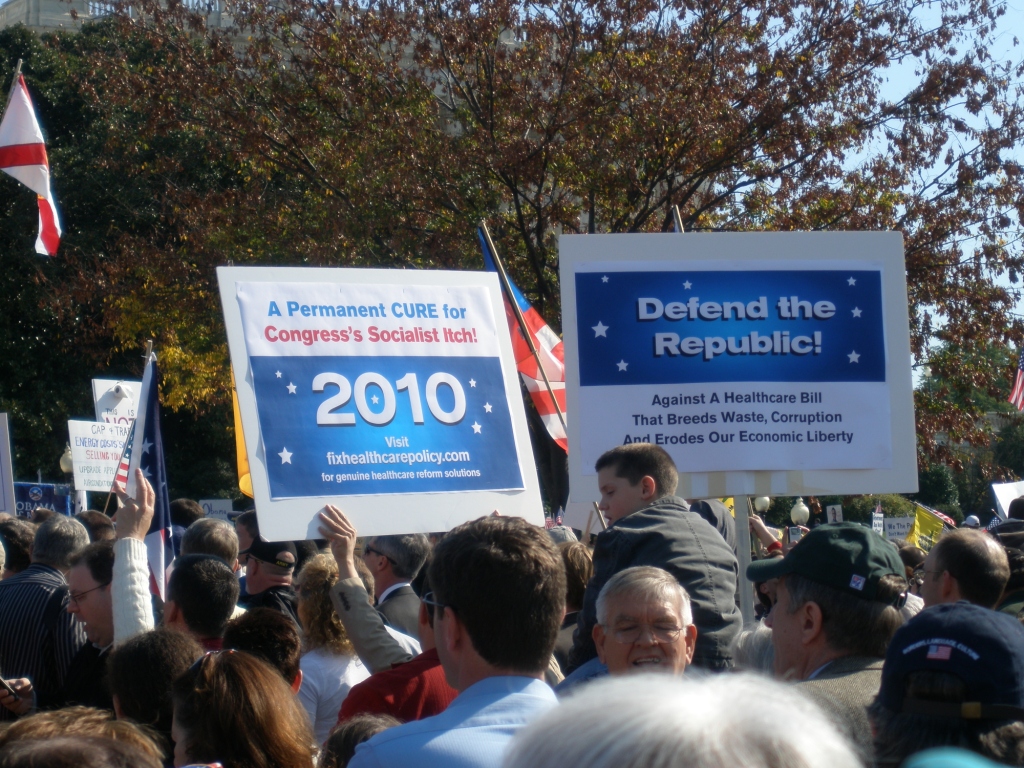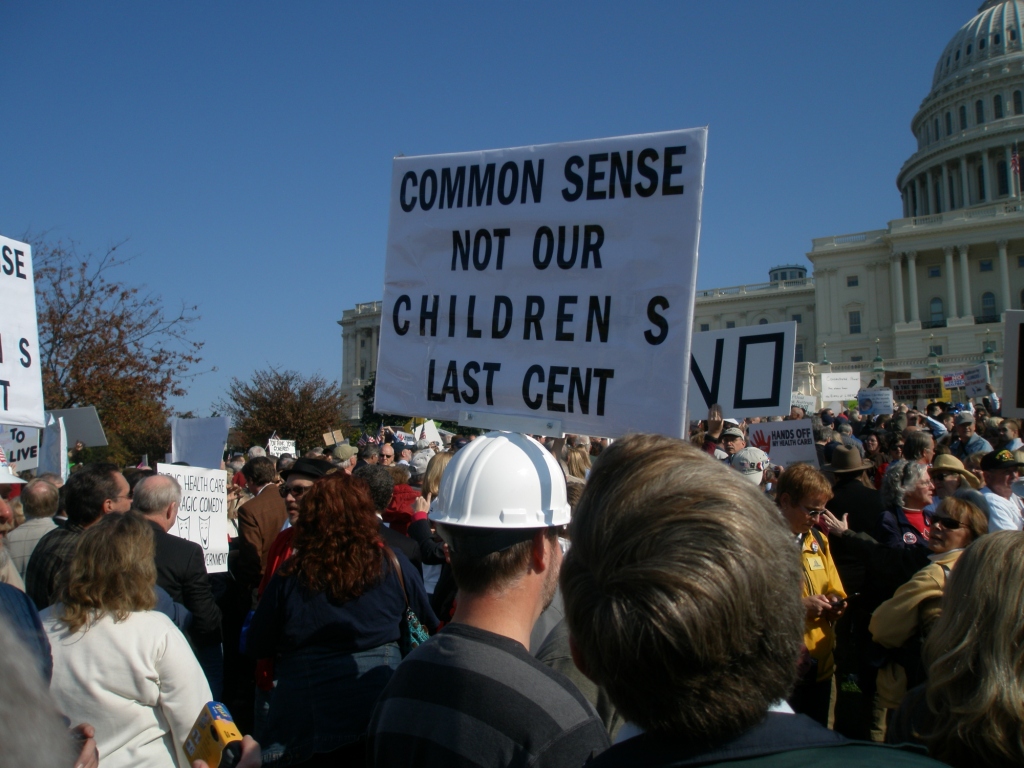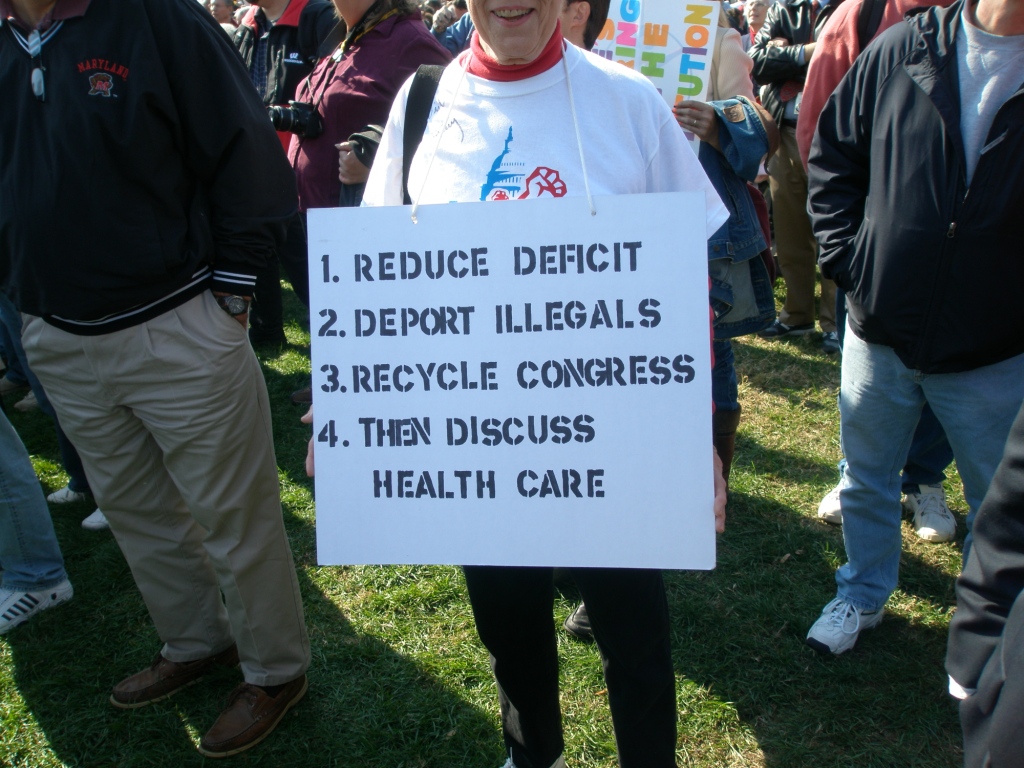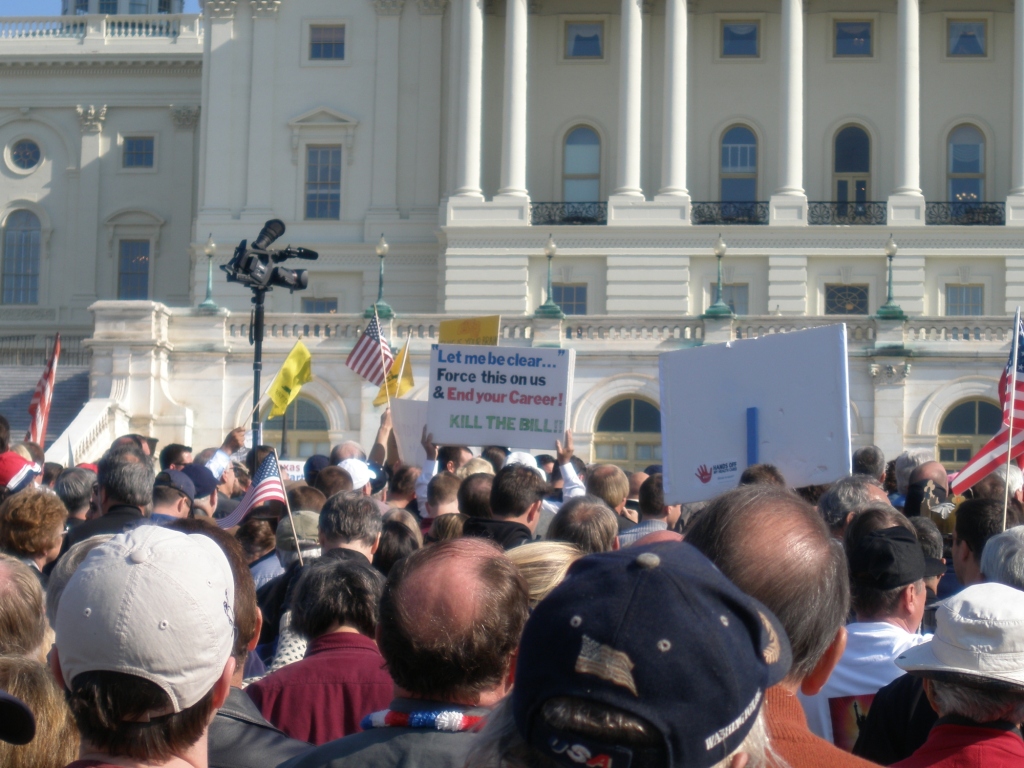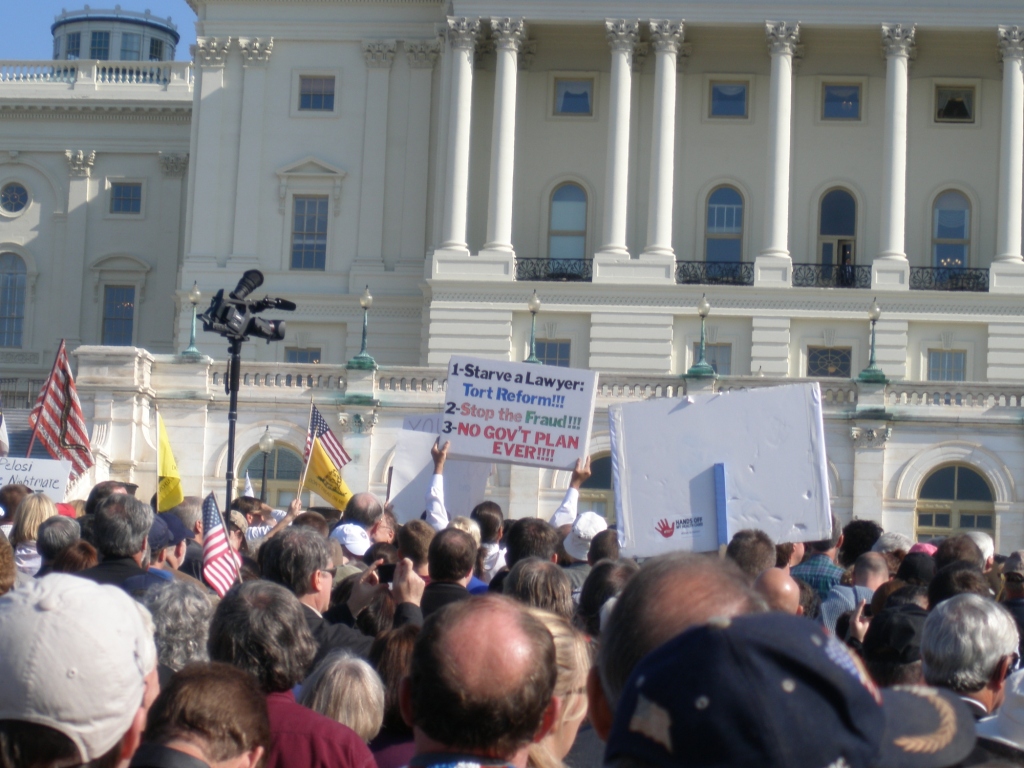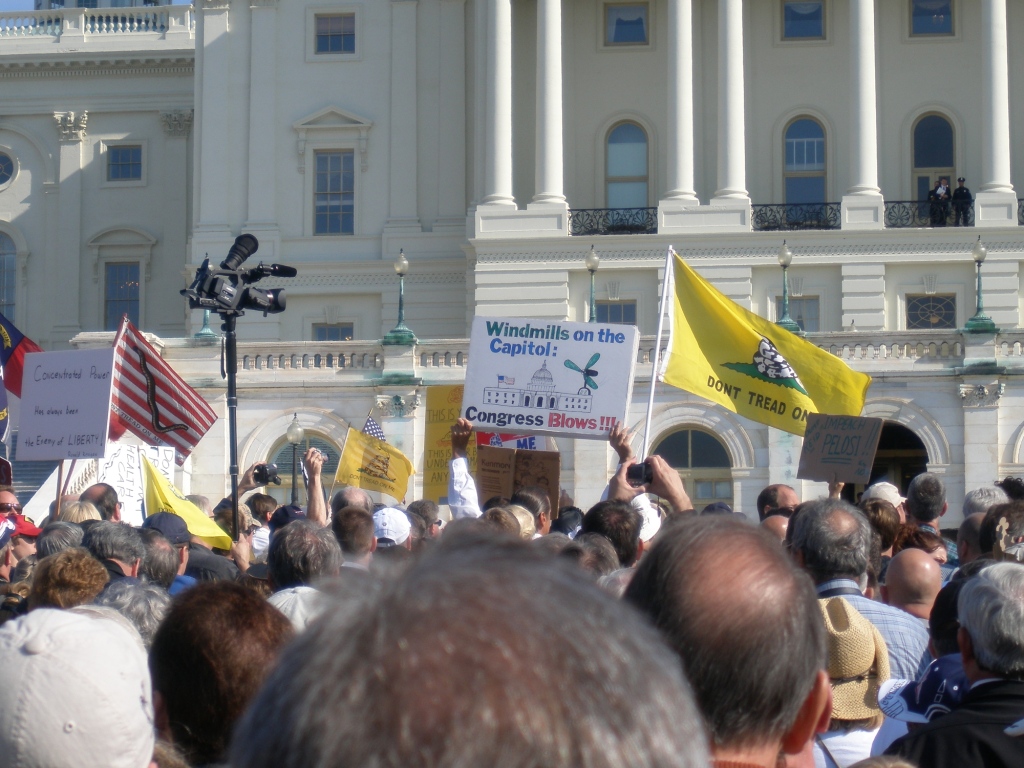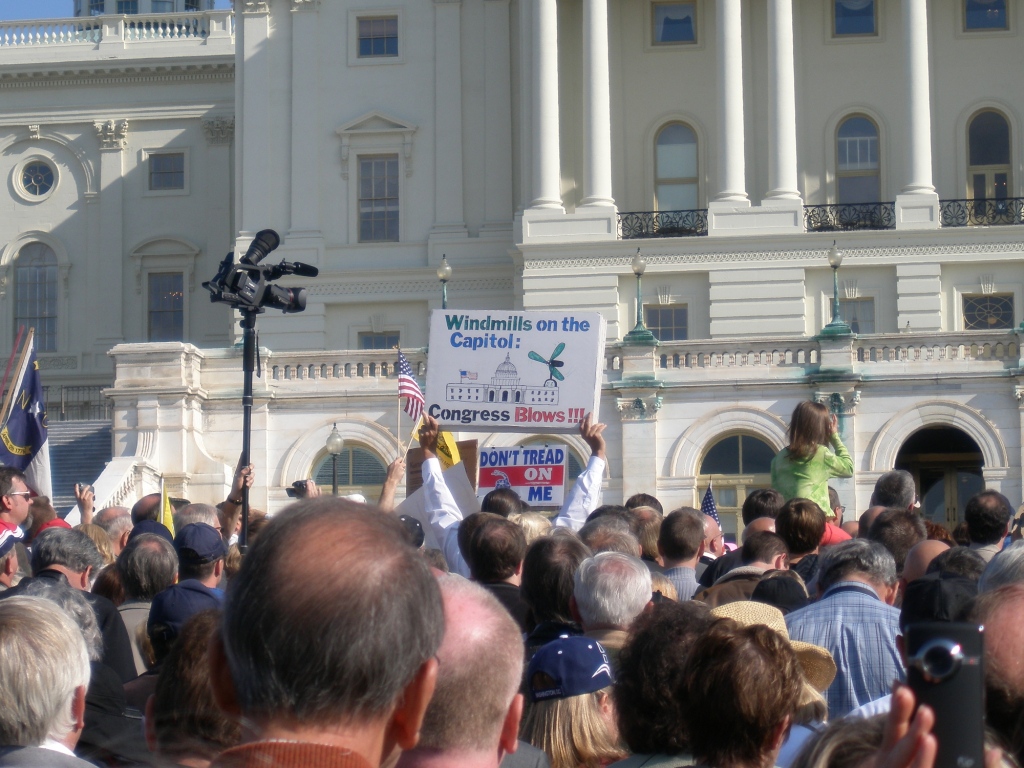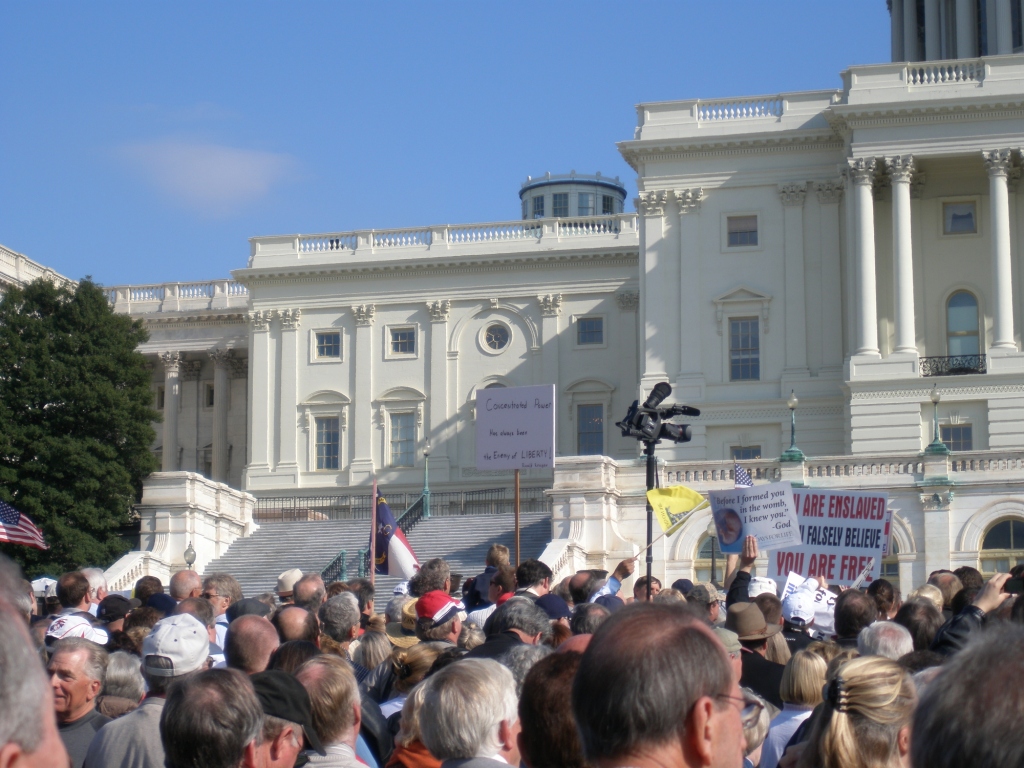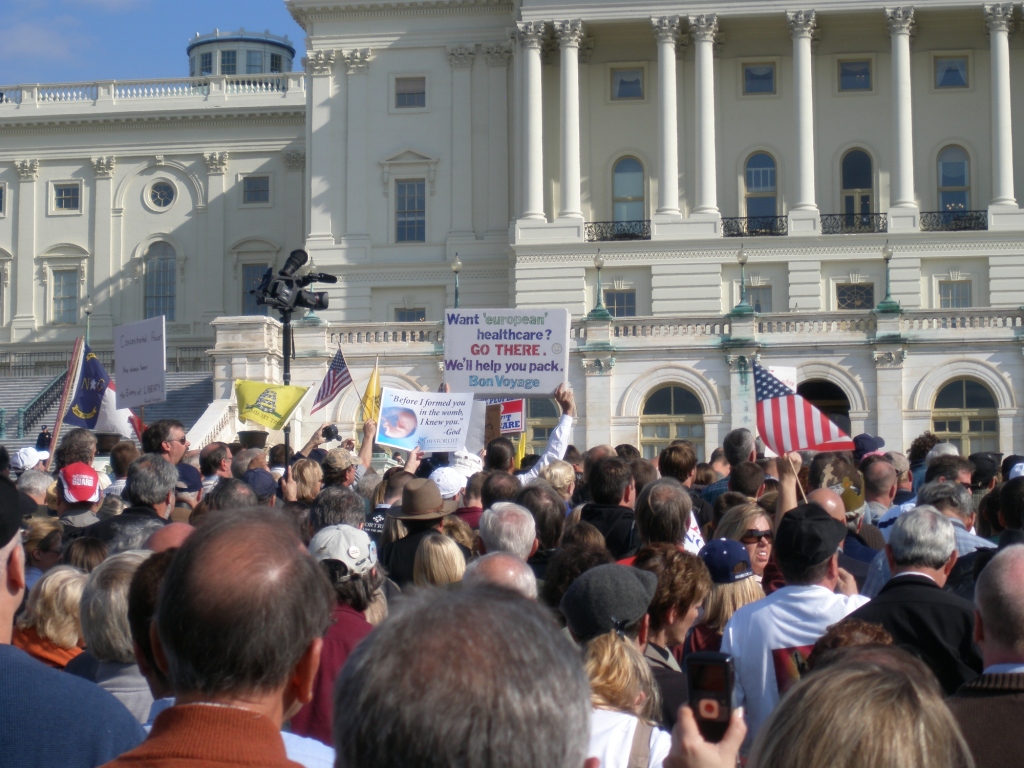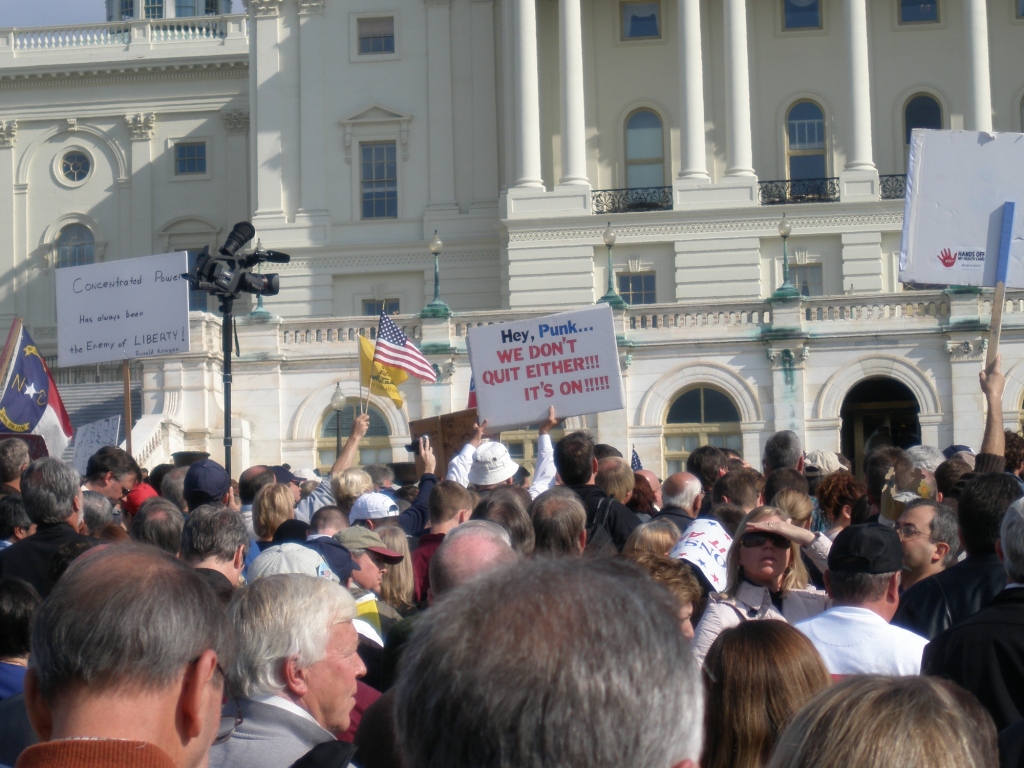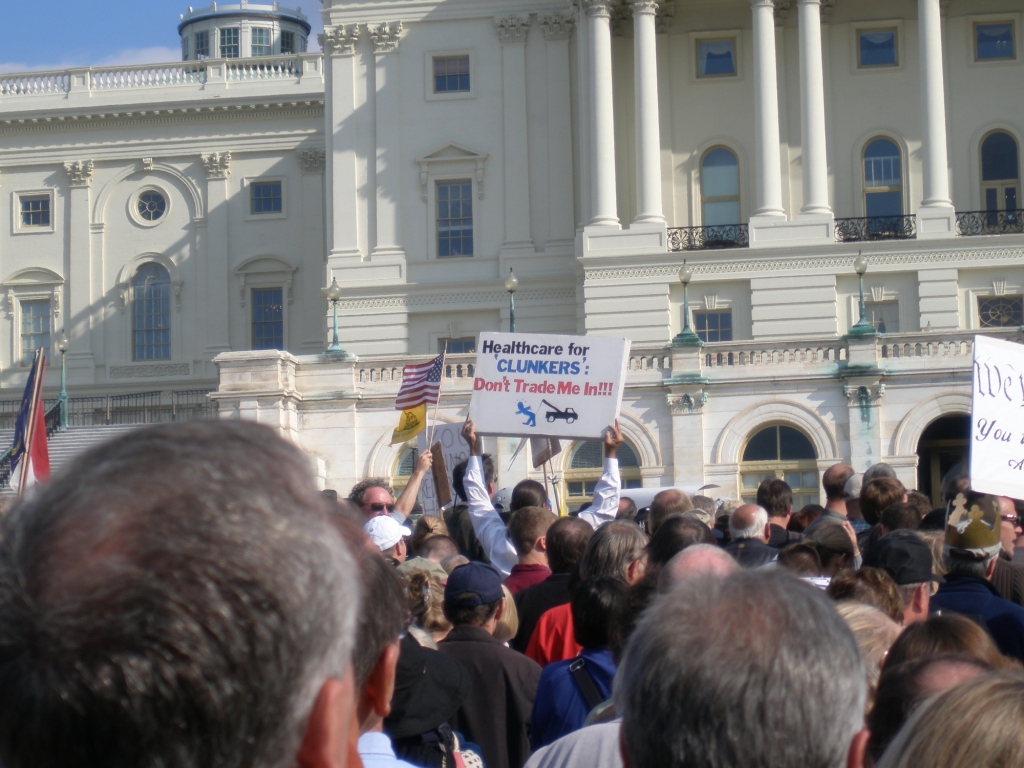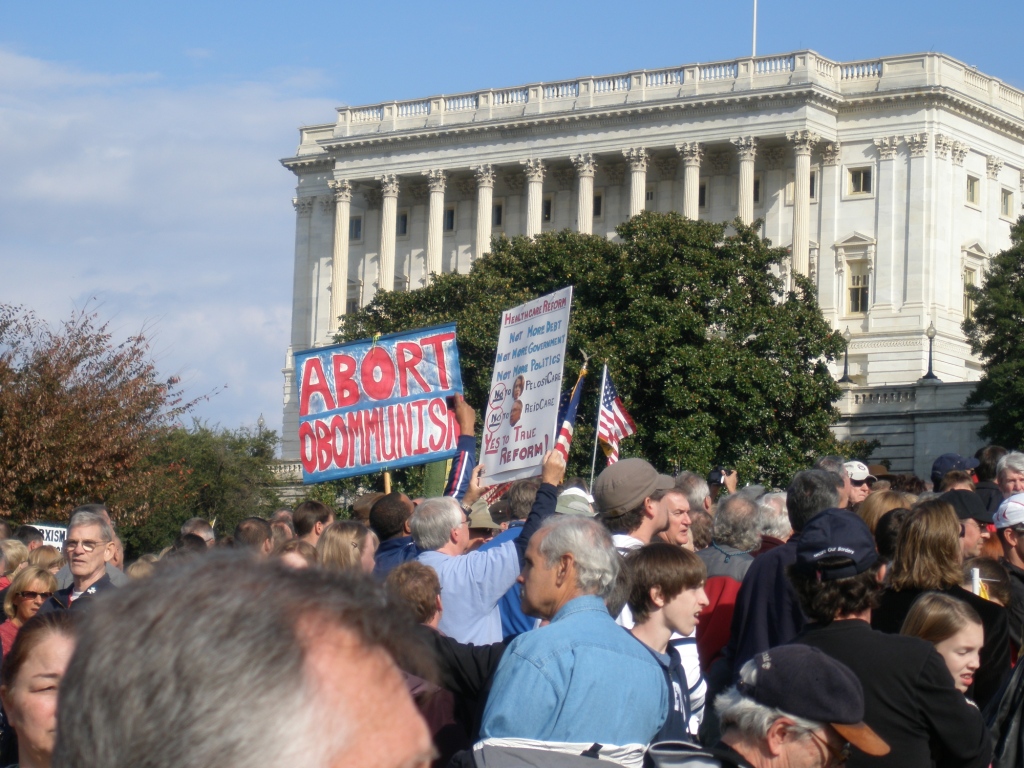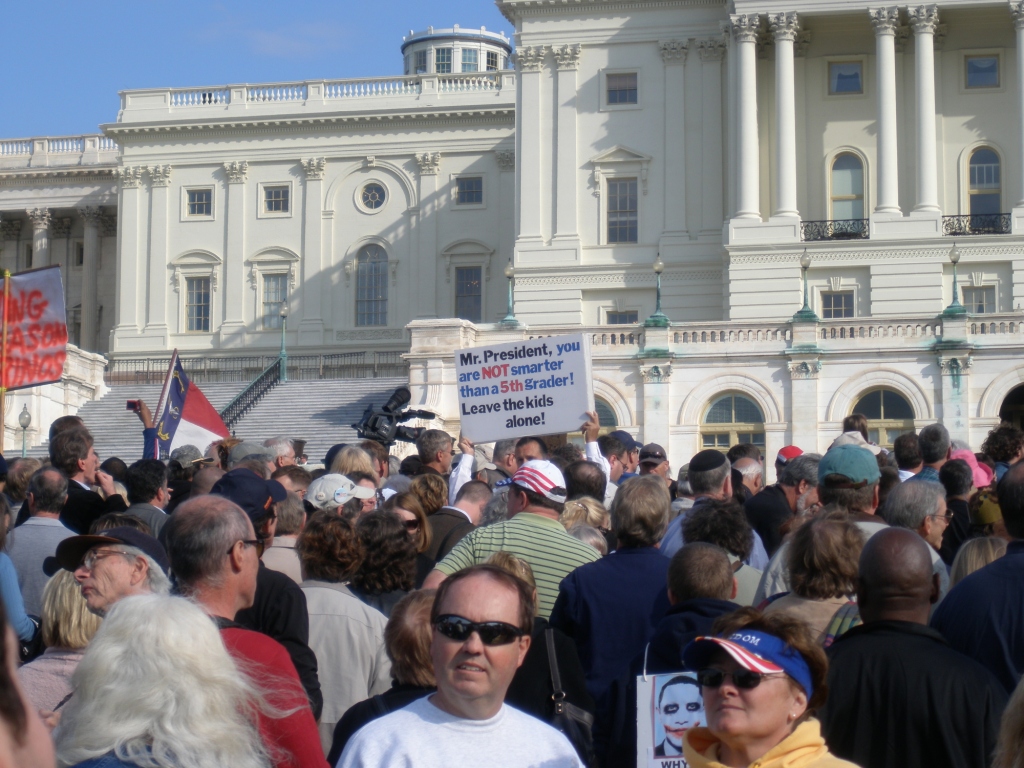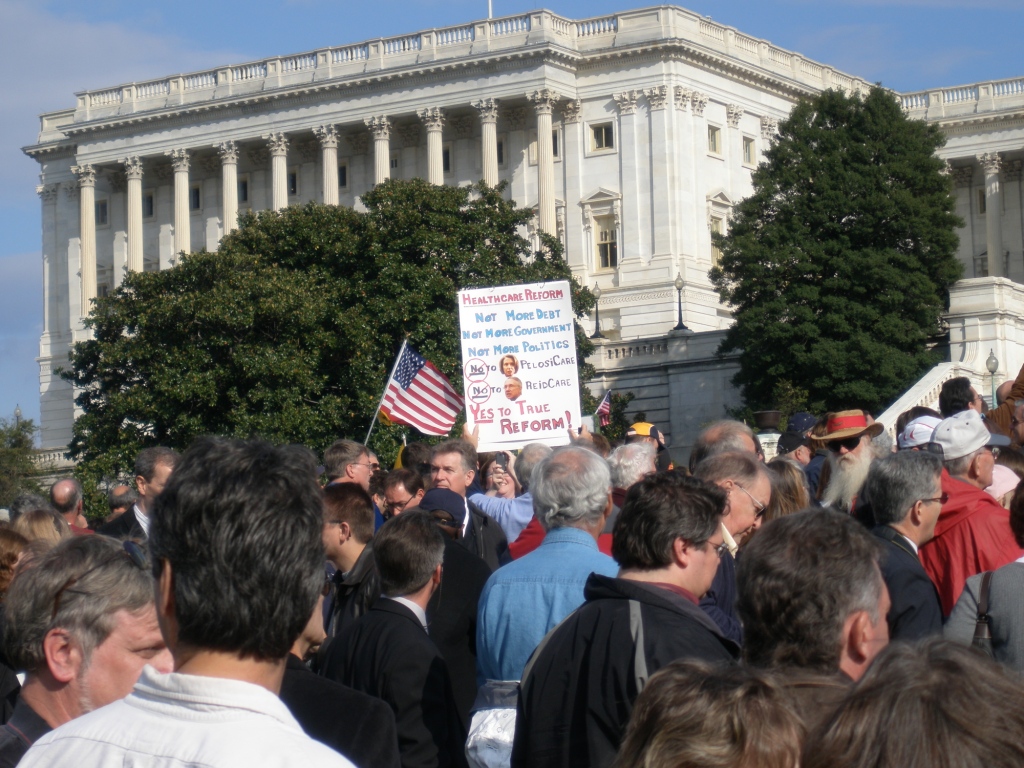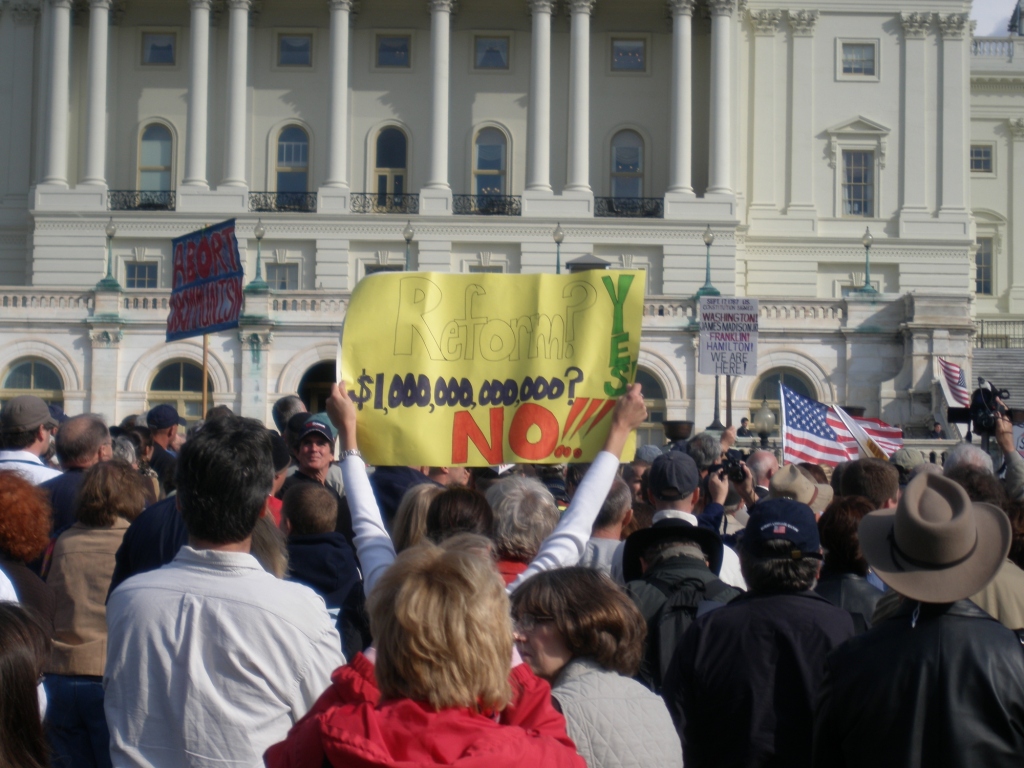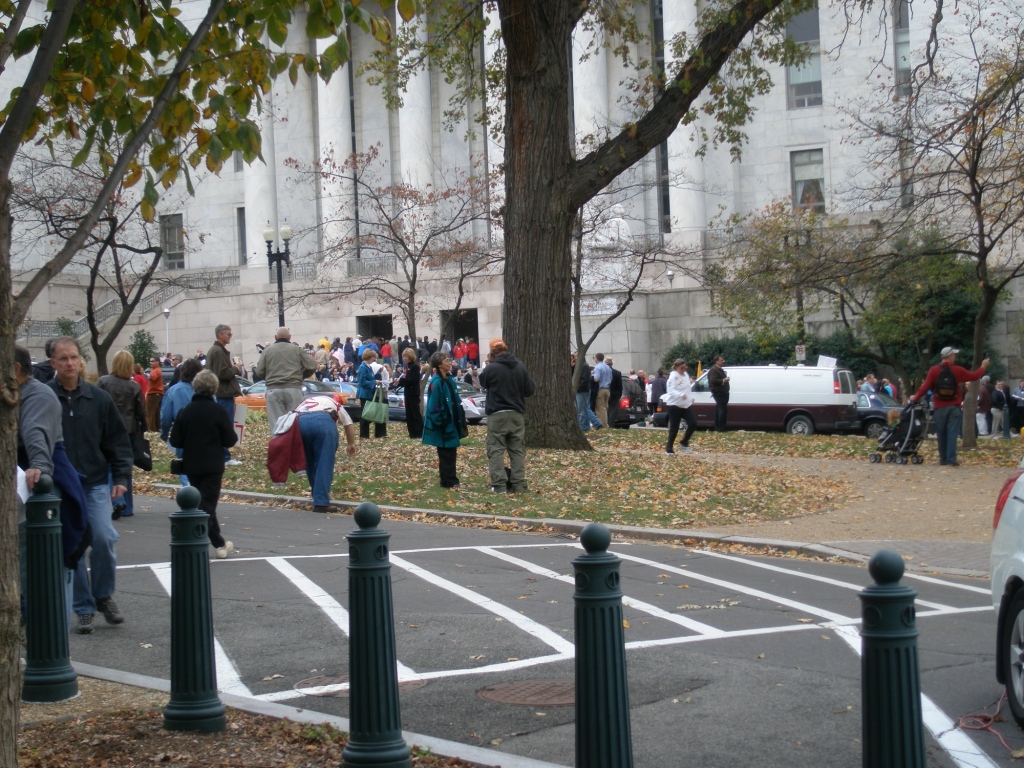 People have different ideas about the same issue. This is especially true about this year’s Ohio ballot Issue 2, the Ohio Livestock Care Standards Board. Keeping that fact in mind, the Institute for Principled Policy will be bringing pro and con arguments relative to the issue, but will not be making an official endorsement of it either way.
People have different ideas about the same issue. This is especially true about this year’s Ohio ballot Issue 2, the Ohio Livestock Care Standards Board. Keeping that fact in mind, the Institute for Principled Policy will be bringing pro and con arguments relative to the issue, but will not be making an official endorsement of it either way.
Argument Pro Issue 2
Issue 2 creates the Ohio Livestock Care Standards Board (the Board), a board of Ohio agriculture interests which would have first right of refusal on any and all potential regulations on agriculture. Issue 2 sets up no regulatory scheme; it neither prohibits nor proscribes any specific action by anyone involved in agriculture; and it is up to the people of the state of Ohio to decide to create it (and it’s established in the Constitution to keep radical interests from altering the makeup of the board after the fact).
The board, if adopted, will be the first review of any potential regulations on agriculture to be proposed. The Constitutional amendment would also have force of law advantage over any other future initiative that may be proposed on the ballot, and can be the basis of legal challenge to such an initiative (per legal review of the issue by the OSU Extension Director of Ag Law, Peggy Kirk Hall).
The makeup of the board is known to the extent that there are certain specialties that must be represented on the board (2 veterinarians (one being the State Veterinarian), 1 county humane society member, 1 food safety expert, a dean of an agricultural college, the Director of Agriculture, 2 consumer representatives, 2 reps from farm organizations, and 3 family farmers). Who those actual people are (except for the Director of Agriculture and the State Veterinarian) is subject to an application/nomination/Senate confirmation process. That process will serve to sort out those who have real interests in protecting and promoting Ohio agriculture from those who have a radical animal-rights agenda.
Any authority given to this board is subject to the authority of the elected General Assembly (GA), as the enabling legislation spelled out particularly (Senate Joint Resolution 6, citing Article XIV, Section 1(B)), so the 13 members of the board do not have unilateral authority…the General Assembly also establishes the procedures for the board to follow in creating any potential new rule, so there can’t be any “making it up as they go along” effort that doesn’t get elected official oversight either.
Additionally, Section 1(D) of SJR 6 states “The General Assembly may enact laws that it deems necessary to carry out the purposes of this section, to facilitate the execution of the duties of the Board and the state department that regulates agriculture under this section, and to set the terms of office of the Board members and conditions for Board members’ service on the Board.” Again, the final control on the Board, except for the number of board members, the numbers of each interest (family farmers, farm organizations, veterinarians, etc.) on the board, and who appoints which (Governor appoints 10 through Senate confirmation process; House Speaker and Senate President each appoint 1 family farmer), is all left in the hands of the Ohio General Assembly, our elected legislative officials.
Concerns have been raised that Issue 2 will allow the state to have control over agriculture. Extending “state intervention” is problematic mainly if one believes that up until Issue 2 there was no intervention by the state in agriculture.  A 2-inch-thick book known as Title 9 of the Ohio Revised Code is proof that there has been state intervention in agriculture since Ohio became a state.
Under the existing Title 9 regulations, agriculture has become the state’s biggest economic engine, producing $93 billion in economic growth, nearly 1 million jobs, and (especially with what is happening to states like California, Michigan, Florida, etc. with Humane Society of the United States (HSUS) intervention) a top-ten-in-the-nation ranking for Ohio agricultural production in many areas of the agricultural economy. Ohio does that with about 75,000 farms, only about 200 of which are considered concentrated animal feeding operations (CAFO’s), or “mega-farms” in the common vernacular. For the public to believe that a board of review on Ohio’s agricultural practices would have as a primary goal the harassment, persecution or elimination of Ohio’s family farms (the vast majority of the farms involved in our agricultural economy) in order to benefit the CAFO’s in some nefarious scheme strains credulity.
The main opposition to Issue 2 is carried out  mainly under the banner of the coordinating ballot organization “Ohio Against Constitutional Takeover (OhioACT)â€Â This coalition is replete with committed leftists, neo-Marxists, green warriors and animal-above-people radicals. The Ohio Environmental Council, the Sierra Club, Food and Water Watch, League of Women Voters and HSUS all are part of this effort. Others include Cornucopia Institute, a Wisconsin-based “progressive” farm policy group focusing on “economic justice” whose board includes Earth First! Activists; the Ohio Farmers Union, which testified in Columbus that they want to compromise with HSUS and agree to HSUS’ demands relative to animal confinement; Mercy For Animals, a Chicago based (with a Columbus office) animal rights group who state, from their website that “non-human animals are irreplaceable individuals with morally significant interests and hence rightsâ€; and Working Families Win, an Americans for Democratic Action-associated organization whose Ohio chapter states their goals of “organizing around the issues of guaranteed health care, jobs and wages, fair trade and sound energy policy.”
OhioACT’s “factsheet” on Issue 2 is filled with fictions. The claim: ‘The Livestock Care Standards Board, once cemented into the state constitution, would have the power to override any act by the Ohio Department of Agriculture or the state legislature, or any other initiative or referendum brought before the Ohio public other than an additional constitutional amendment. In effect, this means that any standard created by the Board is a final decision, giving it unchecked power over animal agricultureâ€Â is unsupported in light of Section 1(B) of the actual language of Senate Joint Resolution 6.
It is interesting that OhioACT’s “factsheet” quotes just the first half of the first sentence in Section 1(B), conveniently leaving out the pertinent detail about the Board being ‘subject to the authority of the General Assembly.’ Oh, but they have to leave that out, don’t they? Otherwise, their claims become seen for what they are: empty and misleading.
Under the factsheet’s “unchecked power” heading, they make claims there will be no public input. How do they know that? The General Assembly sets the rules by which the Board will operate. If the GA wants 10 public hearings by the Board on each rule proposed, then 10 public hearings the Board will have to provide.
The section on “undemocratic board” is a cute ploy. They state there are no rules about the time of service on the board, then footnote Section 1(D) of the law which states clearly that the Ohio General Assembly will set the terms of service for the board members. Can’t put that up front, now can they? If they did the entire theme of “unchecked power” argument goes down the drain! Additionally, Section 1(A)(4) of SJR6 states clearly that “Not more than seven members appointed to the Board at any given time shall be of the same political party.” This means clearly: Partisanship is reduced by design of the law! How can it get more democratic than that?
Then we have OhioACT’s “Family Farmer Fallacy” fallacy. Here’s the real definition of “family farm” according to USDA regulation: A farm that (1) produces agricultural commodities for sale in such quantities so as to be recognized in the community as a farm and not a rural residence; (2) produces enough income (including off-farm employment) to pay family and farm operating expenses, pay debts, and maintain the property; (3) is managed by the operator; (4) has a substantial amount of labor provided by the operator and the operator’s family; and (5) may use seasonal labor during peak periods and a reasonable amount of full-time hired labor. It is reasonable to assume that this would be a working definition which the Speaker of the House, the Senate President, and the Governor will use in making their nominations to the board for the “family farmer†slots on the board.
In essence, even though the language doesn’t specifically say “This amendment will stop the Humane Society of the United States (HSUS) in their tracks”, it does throw a significant legal and administrative hurdle in their path, one big enough that HSUS and their allies, many of them listed above as Issue 2’s opponents, are expending considerable effort to defeat. To read the language of Issue 2, and the enabling legislation, is to understand that there is much in it that WILL stop (or significantly hinder) HSUS from getting to the ballot in 2010. The HSUS proposal would definitely wreak havoc on small family farmers, as well as large ones.
Is it any coincidence that HSUS came in to Ohio at the end of their successful 2008 ballot initiative in California with the threat of “do it our way, or we will bring the initiative to the ballot in Ohio…..in 2010“? Why wait the extra year? Why not bring it in 09 before the full impact of what happened in California gets out in the information cycle? Why not roll right into another attack while you have significant momentum? Why 2010?
The likely answer: 2010 is a major election year in Ohio, and the progressive movement needs a turnout issue at the ballot in order to protect their gains in Ohio politics, and secure the bulwarks for the 2012 cycle. What better than an emotionally-driven issue such as “humane animal treatment” to bring out their hardened cadres and get popular support from a significant segment of the Ohio electorate who often doesn’t take the time to think through most issues they will be voting on? What better way to get “the team” (progressive/leftist elected officials and candidates) to endorse this issue and thus be associated with a “compassion” issue? There’s a lot more to the HSUS delay than meets the eye. There’s a lot more to Ohio Issue 2 than meets the eye, as well.
Argument Con Issue 2
“If it’s going to increase the scope, size, or cost of government – vote NO”.  Should we add a clause to this principled axiom which states “…unless it’s a preemptive strike against radical environmentalists”? This is the thrust of the argument for supporters of Issue 2, which would create the Livestock Care Standards Board via constutional amendment. The argument goes something like this: if we don’t create this board (which would have input on all agricultural legislation in Ohio), then the Humane Society of the United States will descend upon Ohio in 2010 with their own ballot initiative, and attempt to turn us all into vegans while implementing planks of the UN Agenda 21. This brings up several problems and questions that one should consider before supporting Issue 2.
1. How does the creation of this board advance the cause of liberty, or line up with the preamble to the Ohio Constitution?
2. State Representative Ruhl, a supporter, conceded that the creation of this board would NOT stop HSUS from attempting a ballot iniative.
3. Why are Issue 2 supporters so convinced that HSUS could muster enough support to pass such an initiative? This is not California or the east coast. A better strategy might be to go ahead and let them make their attempt next year – then ALL pro-liberty and pro-family groups in Ohio can join forces and expose HSUS for what they really are. As it stands now, some groups (such ours and the Buckeye Institute) have elected to stay neutral in light of the division this has caused in the pro-liberty and conservative communities.
4. One of the main concerns is that HSUS, the Sierra Club, Friends of the Earth, etc. oppose Issue 2. However, should we base our endorsement or opposition of an issue solely based on who is on the other side? The Principled Policy Institute adamantly opposes Issue 3 (casino gambling) — but so does the ultra-liberal Ohio Council of Churches along with a number of gambling interests!
5. Contrary to the claims, this initiative is more reactionary than proactive. A truly principled and proactive measure would have been to have created this board years ago, in the absence of any imminent threat.
6. Would this set a regulatory and legislative precedent in Ohio for other areas of law? Imagine dozens of similar appointed boards that would have jurisdiction over legislation regarding health care, manufacturing, insurance, banking, energy, etc. in Ohio. Such a system of unaccountable bureacracy would be contrary to the truly representative ideals of an elected general assembly.
7. With the wrong governor and legislature in power, such a board could do serious damage to Ohio before their terms expire. Much like the H1N1 vaccine, the cure could potentially be worse than the disease. What if the Livestock Care Standards Board ended up being spiked with disciples of Rachel Carson?
Nobody in their right mind would support the agenda of the Humane Society of United States, if they knew the truth about this radical organization (which has nothing to do with animal shelters). However, let us think very carefully before purposely increasing the scope, size, and cost of government – as a preventative measure to a potential increase in the scope, size, and cost of government.
 If you’ve ever been in or near a Joe’s Crab Shack restaurant then you know about the “Free Crab Tomorrow” ploy. Of course, it’s a humorous “promotional” for the company that “consumer protection advocates” have not yet become familiar with (we’re waiting for the first class-action lawsuit filed by the Federal Trade Commission demanding free crab be served per the advertising. OOPS! Don’t want to give bureaucrats any ideas regarding the raising of revenue.). For the uninitiated in the audience, the sign never changes. Every day the sign continues to read “Free Crab Tomorrow.” Tomorrow, of course, never comes. That’s the joke.
If you’ve ever been in or near a Joe’s Crab Shack restaurant then you know about the “Free Crab Tomorrow” ploy. Of course, it’s a humorous “promotional” for the company that “consumer protection advocates” have not yet become familiar with (we’re waiting for the first class-action lawsuit filed by the Federal Trade Commission demanding free crab be served per the advertising. OOPS! Don’t want to give bureaucrats any ideas regarding the raising of revenue.). For the uninitiated in the audience, the sign never changes. Every day the sign continues to read “Free Crab Tomorrow.” Tomorrow, of course, never comes. That’s the joke.